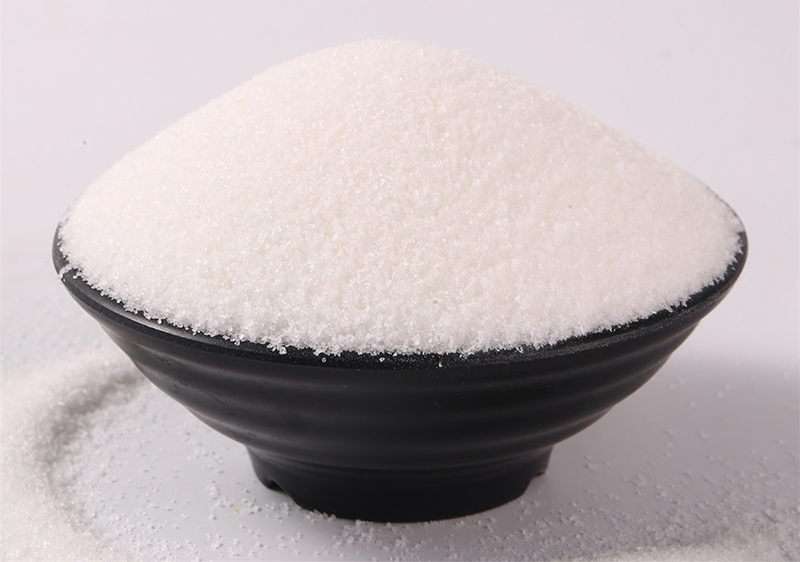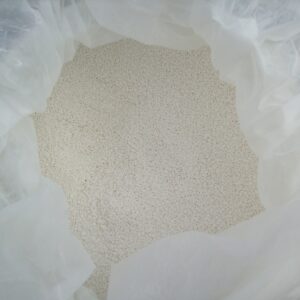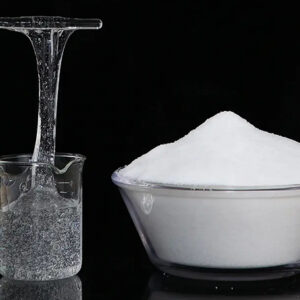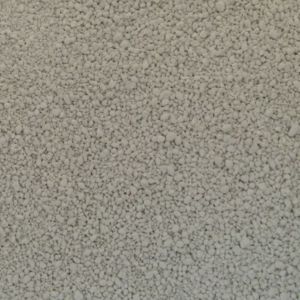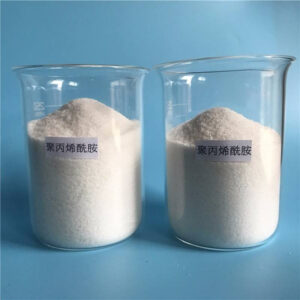Description
What Is Nonionic Polyacrylamide?
Nonionic Polyacrylamide is synthesized from acrylamide monomers without any ionic modification. It possesses strong water affinity, high molecular weight, and excellent flocculation performance, especially under low pH and high-salt conditions where other types of polyacrylamides may fail.
NPAM is typically supplied in:
-
Fine white powder or granules
-
Water-in-oil emulsion form for faster dissolution
It is particularly suited for neutral to slightly acidic environments and applications where charged additives are undesirable.
Technical Specifications of Nonionic Polyacrylamide
| Parameter | Typical Value |
|---|---|
| Appearance | White/off-white powder |
| Ionic Charge Type | Nonionic (neutral) |
| Molecular Weight | 8–15 million Dalton |
| Hydrolysis Degree | < 5% |
| Solubility in Water | Completely soluble |
| Recommended pH Range | 3 – 9 |
| Bulk Density | 0.6 – 0.8 g/cm³ |
| Shelf Life | 24 months (cool, dry storage) |
Applications of Nonionic Polyacrylamide
1. Industrial and Municipal Wastewater Treatment
NPAM is used to remove organic matter, suspended solids, and colloids in wastewater from chemical, metallurgy, and food processing industries. It is especially effective in acidic conditions or systems with high heavy metal content.
2. Sludge Dewatering
Its strong binding and bridging ability help enhance the performance of belt filter presses, centrifuges, and vacuum filters, significantly reducing the moisture content of dewatered sludge.
3. Mining and Mineral Processing
In the mining sector, NPAM aids in the flotation process, settling of tailings, and clarification of recycled water. It is compatible with both metal and non-metallic mineral operations.
4. Textile and Dyeing Industry
NPAM is used as a thickener and dispersant for dye formulations and helps recover dye from wastewater, improving dye fixation and reducing environmental impact.
5. Papermaking
It serves as a retention and drainage aid, improving paper strength, filler retention, and water removal from the paper pulp.
Key Benefits of Using NPAM
✅ Excellent flocculation in low pH and salt-rich environments
✅ Neutral charge minimizes chemical interference
✅ Highly efficient sludge dewatering performance
✅ Low dosage requirement with high economic value
✅ Compatible with other flocculants and coagulants
✅ Improves water clarity and reduces chemical oxygen demand (COD)
These advantages make NPAM a preferred option when anionic or cationic flocculants are ineffective or incompatible.
Safety and Handling Guidelines
Though NPAM is considered non-toxic and environmentally friendly, safe handling is essential. Avoid inhaling powder, and wear protective gloves and masks when working with concentrated solutions. Store in a dry, cool environment and use within the recommended shelf life for optimal performance.
Final Thoughts
Nonionic Polyacrylamide (NPAM) is a flexible and reliable polymer that excels in challenging water treatment and solid-liquid separation processes. Its neutral charge, excellent bridging ability, and stability under varying chemical conditions make it an essential component in industries ranging from wastewater management to mining and paper production.
Whether you’re dealing with acidic effluent, complex organic wastewater, or low ionic strength conditions, NPAM provides a cost-effective, environmentally conscious, and high-performance solution.


